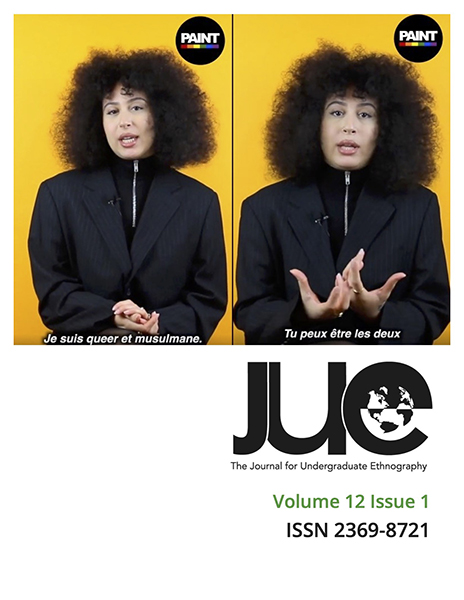Nationalism in the Age of Brexit: The Attitudes and Identities of Young Voters
DOI:
https://doi.org/10.15273/jue.v12i1.11314Schlagworte:
Brexit, identity, nationalism, Otherness, votingAbstract
The 2016 Brexit referendum revealed a division between younger voters, a majority of whom voted Remain, and older voters, a majority of whom voted Leave. From virtual interviews with six British young adults, this article analyzes the effects of the Brexit referendum on their perceptions of belonging and national identity. My theoretical framework draws upon Benedict Anderson‘s definition of the nation and Michael Skey‘s and Craig Calhoun‘s critique that feelings of equality among members are unrealistic due to the power and identity hierarchies that exist within a nation. Interviews reveal a strong binary conception of identities created through politics and media that divide voters into distinct, distanced groups. Young voters use harsh, derogatory language to describe oppositional groups, such as Conservatives, Leave voters, and older voters, to separate themselves and reinforce their identities. However, because these oppositional groups hold the most power, continuous separation reinforces feelings of powerlessness in politics and reveals hierarchies of identities. These hierarchies can have long-lasting implications for the United Kingdom as these younger voters will eventually comprise the voting majority and strive to see their values and beliefs represented in positions of power.


